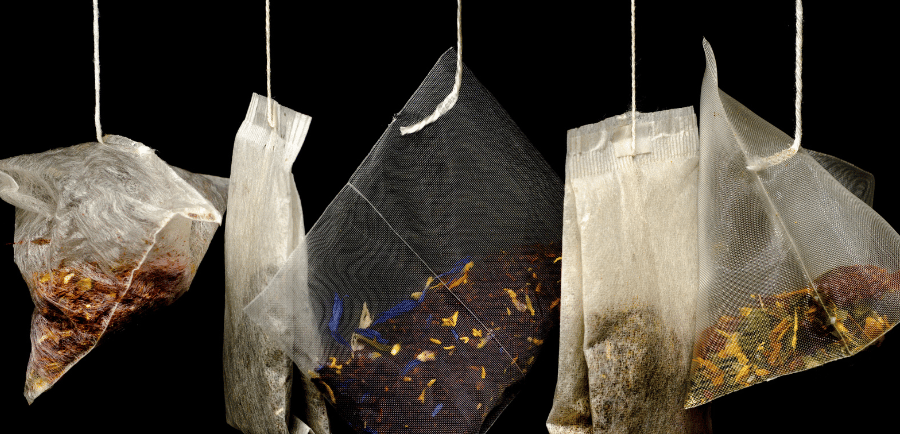Tea vs. Coffee: What's the Real Difference Beyond the Buzz?
Both beverages hold a cherished place in cultures worldwide, offering comfort, warmth, and that much-needed kickstart to the day.
5/5/20253 min read


For many, the morning ritual boils down to a simple choice: tea or coffee? Both beverages hold a cherished place in cultures worldwide, offering comfort, warmth, and that much-needed kickstart to the day. But beyond the obvious difference in taste and appearance, what truly sets these two beloved drinks apart? Let's steep into the details and explore the fascinating world of tea versus coffee.
The Caffeine Conundrum: It's Not Just About Quantity
Perhaps the most talked-about difference lies in their caffeine content. Generally, a cup of brewed coffee packs a significantly higher dose of caffeine than a cup of tea. This is why coffee is often associated with a more immediate and intense jolt of energy.
However, the story doesn't end there. Tea contains a unique amino acid called L-theanine. This compound works synergistically with caffeine, promoting a smoother, more sustained alertness without the jitters and crashes often associated with coffee. Think of it as a gentle lift rather than a sudden surge. This combination in tea can also contribute to enhanced focus and a sense of calm wakefulness.
A World of Flavors: From Bold to Delicate
When it comes to taste, the spectrum is vast for both beverages. Coffee boasts a wide range of flavor profiles, from bold and bitter to fruity and chocolatey, largely influenced by the bean origin, roasting process, and brewing method.
Tea, on the other hand, offers an even more diverse palette. From the grassy notes of green tea and the floral aromas of white tea to the malty richness of black tea and the earthy undertones of pu-erh, the possibilities are endless. Processing techniques and the specific tea plant variety create this incredible complexity.
The Antioxidant Advantage: A Sip of Wellness
Both tea and coffee are rich in antioxidants, compounds that help protect our bodies against cell damage. However, the types of antioxidants differ.
Coffee is a significant source of chlorogenic acids, which have been linked to potential benefits in blood sugar regulation and heart health. Tea, particularly green tea, is abundant in catechins, a type of flavonoid known for its potent antioxidant and anti-inflammatory properties. Different teas offer different antioxidant profiles, adding another layer of complexity to their health benefits.
The Ritual and the Culture: More Than Just a Drink
Beyond the chemical composition and flavor profiles, the act of drinking tea or coffee often carries cultural and personal significance. Coffee breaks are ingrained in many workplaces, fostering social interaction and a moment of respite. The preparation of espresso, with its precise techniques and specialized equipment, can be an art form in itself.
Tea, especially in Eastern cultures, is often associated with mindfulness and ceremony. The slow steeping process, the delicate handling of teaware, and the quiet contemplation during consumption all contribute to a sense of calm and tradition. Even in more casual settings, the act of sharing a pot of tea can be a comforting and connecting experience.
So, Which One Should You Choose?
Ultimately, the choice between tea and coffee is a personal one. There's no definitive "better" option. Your preference might depend on:
Your desired level of alertness: Coffee for a quick jolt, tea for sustained focus.
Your taste preferences: Explore the diverse flavor profiles of both.
Your sensitivity to caffeine: Tea offers a lower dose and the balancing effect of L-theanine.
The occasion and your mood: A quick coffee on the go versus a leisurely tea ritual.
Potential health benefits: Both offer unique antioxidant advantages.
In Conclusion:
While both tea and coffee offer a comforting and often energizing beverage, their differences extend far beyond just taste and caffeine content. From their unique chemical compositions and diverse flavor profiles to their cultural significance and associated rituals, each drink offers a distinct experience. So, whether you reach for a robust cup of coffee or a delicate brew of tea, take a moment to appreciate the rich history and fascinating science behind your chosen cup. Cheers to exploring the wonderful world of caffeinated (and decaffeinated!) delights!

